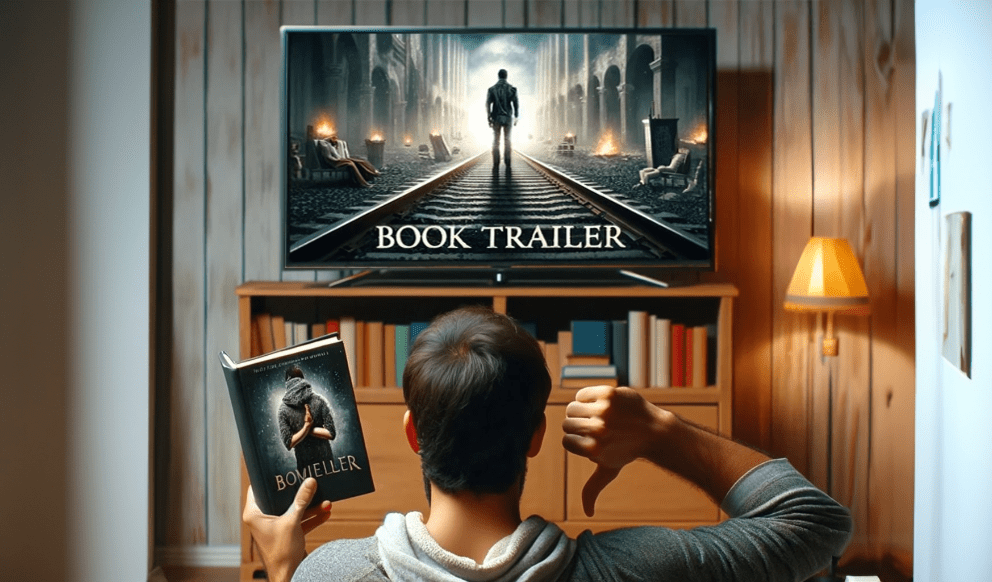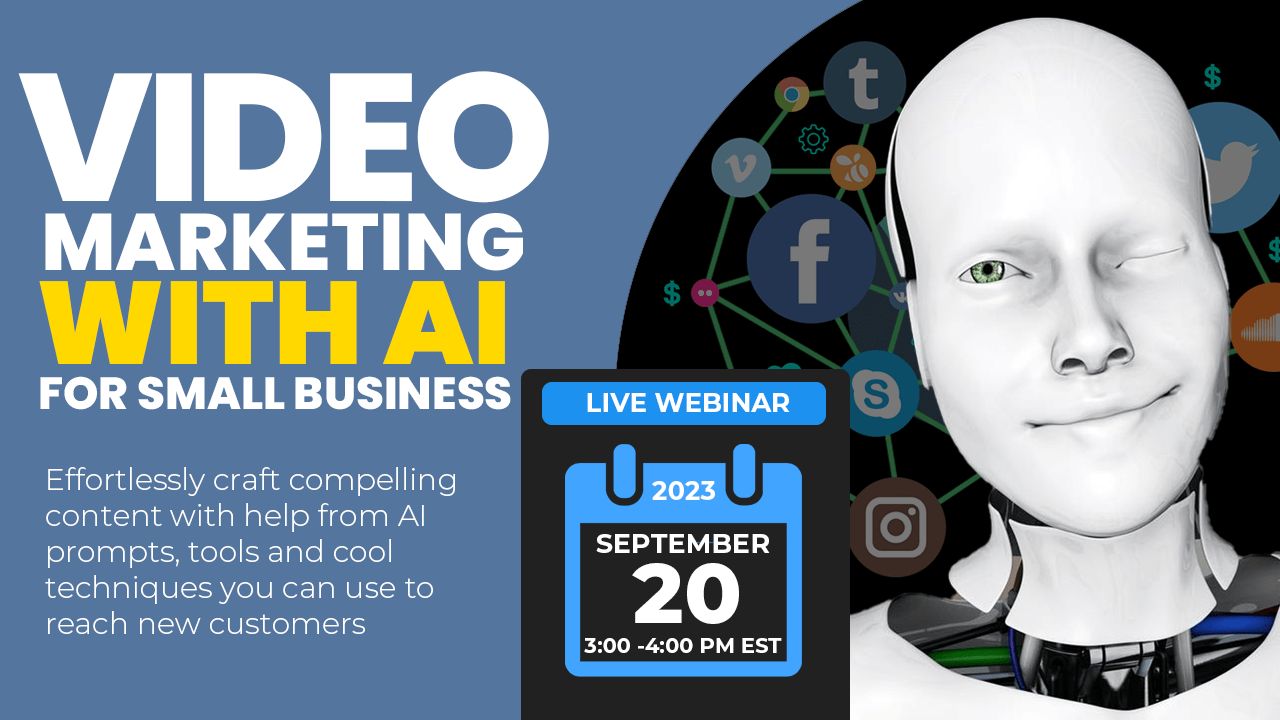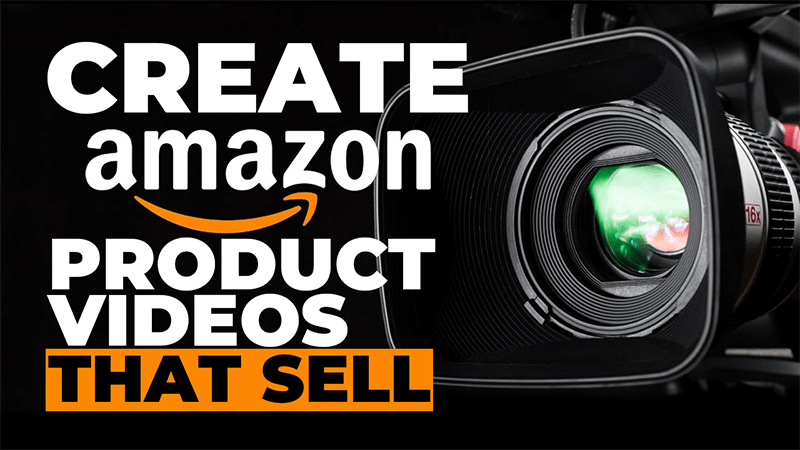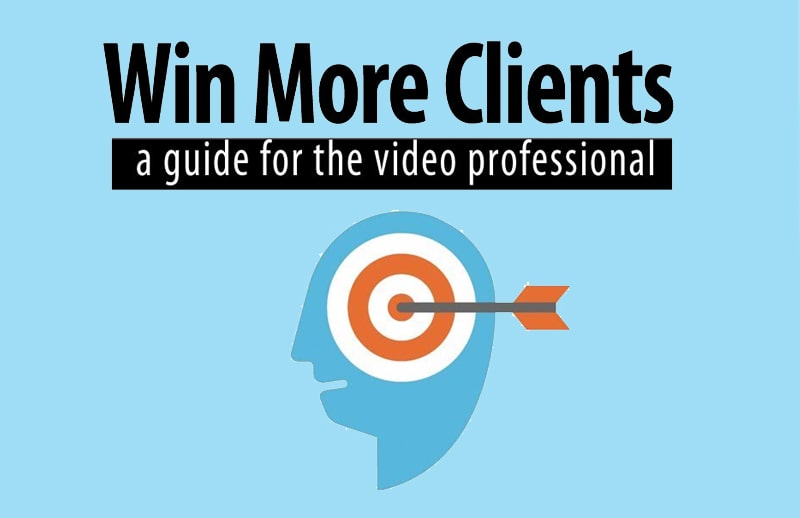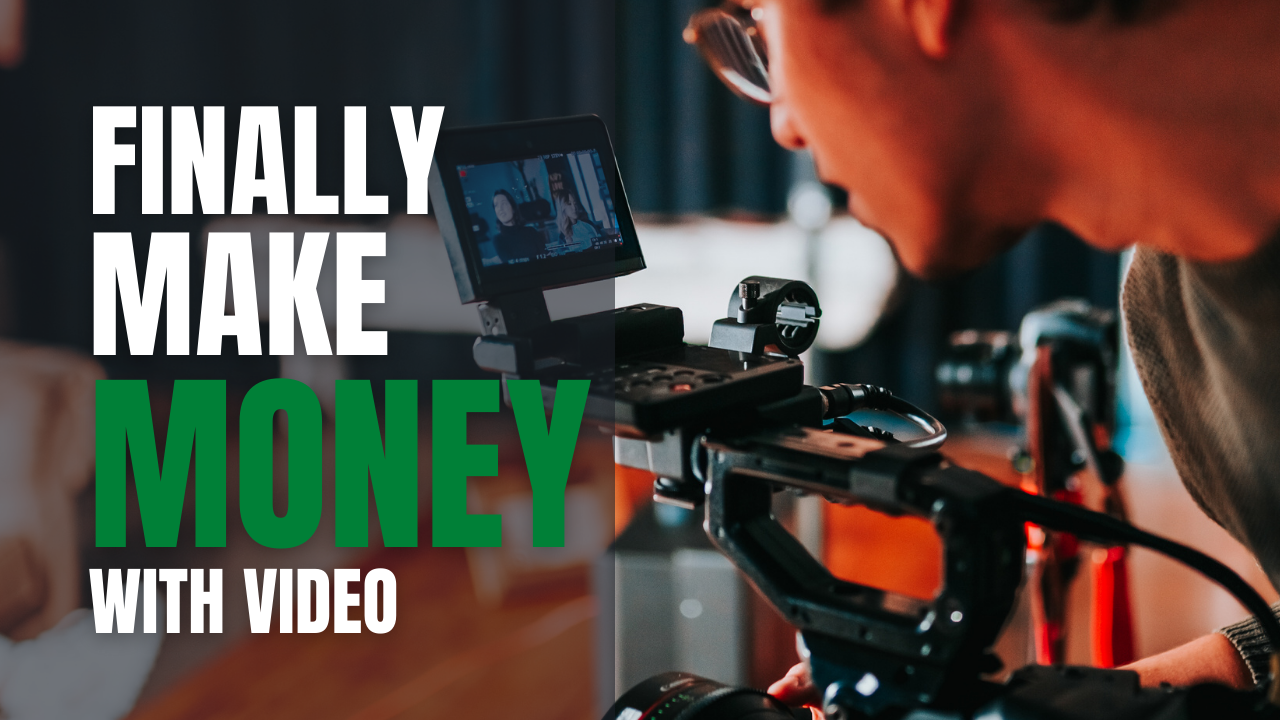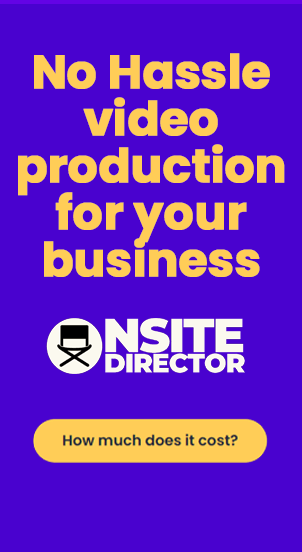Question: Whenever I saw someone on Facebook pitching their ability to create a book trailer for self-published authors, I would comment to ask them if they could provide any data/evidence to demonstrate book trailers had any positive impact on book sales. Did this dozens of times.
Every one of them danced around the question. Not a single one even attempted to provide any information to back up their claims. One said he was going to send it to me via DM and then just blocked me.
I suspect they don’t help now and never did, as I don’t think readers watch them.
Answer: I’ll speak for the video team who created the trailer and why they didn’t contact you back:
They created the video.
It’s not up to them to make your video discoverable or even sell a book. They just create the script, get research together, edit a completed video and place the final version into your hands. Then onto the next client they go.
Once that video is in your hands, it’s up to you to start using it as a tool to bring in the sales.
Just postin’ and hopin’ on your part doesn’t work.
Let me explain.
Simply posting a book trailer on social media channels and hoping for the sales to rush in is not only a pipe dream but it’s also not an effective strategy. A book trailer, like any marketing tool, needs a strategic approach to reach its target audience and effectively contribute to book sales.
Here are some strategies to effectively use a book trailer to sell books:
1. Targeted Distribution:
- Social Media Platforms: Share your trailer on platforms where your target audience is most active. If your book is a young adult novel, platforms like Instagram and TikTok might be more effective. For a business book, LinkedIn could be a better choice.
- YouTube: As the second largest search engine, YouTube can be a powerful platform for your book trailer. Use relevant keywords in your video title, description, and tags to improve searchability.
- Author Website and Blog: Embed the trailer on your website or blog. This can enhance the visitor experience and keep them engaged with your content longer.
2. Leverage Your Network:
- Email Marketing: Include the trailer in your newsletters to subscribers. A captivating trailer can re-engage readers who might have missed your initial book announcement.
- Collaborations: Collaborate with bloggers, book reviewers, and influencers in your genre to share your trailer. Their endorsement can significantly boost credibility and reach.
3. Paid Advertising:
- Consider using paid ads on social media or Google to promote your trailer. Target your ads based on interests, demographics, and reading habits to reach potential readers.
4. Book Launch or Promotional Events:
- Use the trailer as a highlight in virtual or in-person book launch events. It can also be a great tool for author readings, book signings, or literary festivals.
5. Cross-Promotion with Other Books:
- If you have other published works, use those platforms to promote your new book’s trailer. Readers who enjoyed your previous works are likely to be interested in your latest book.
6. Engage with Viewers:
- Encourage comments and shares on social media platforms. Engaging with viewers can create a community around your book and increase word-of-mouth referrals.
7. Optimize for SEO:
- Use search engine optimization techniques for your video on YouTube and your website. This includes using relevant keywords, a compelling video description, and an engaging thumbnail.
8. Create a Sense of Urgency:
- Use the trailer to announce special promotions or limited-time offers related to the book. This can create a sense of urgency and encourage immediate purchases.
9. Gather Data and Adapt:
- Use analytics tools to track the performance of your trailer across different platforms. Understanding viewer engagement can help you tweak your strategy and improve effectiveness.
10. Consistency in Branding:
- Ensure that the trailer aligns with the overall branding of your book and author persona. Consistent branding across all platforms helps in building a recognizable and memorable image.
11. Follow-Up Content:
- After the trailer, continue to engage your audience with related content like behind-the-scenes of making the trailer, author interviews, or discussions about the book’s themes.
12. Community Engagement:
- Share and discuss your trailer in book clubs, reading groups, and online forums dedicated to your genre or similar themes.
Final thoughts:
A book trailer is a tool, and its effectiveness depends on how it’s used within a broader marketing strategy. By targeting the right audience, leveraging multiple platforms, and engaging with viewers, a book trailer can significantly boost interest in your book and drive sales. Remember, the goal of the trailer is not just to inform but also to create an emotional connection that encourages viewers to read your book.

